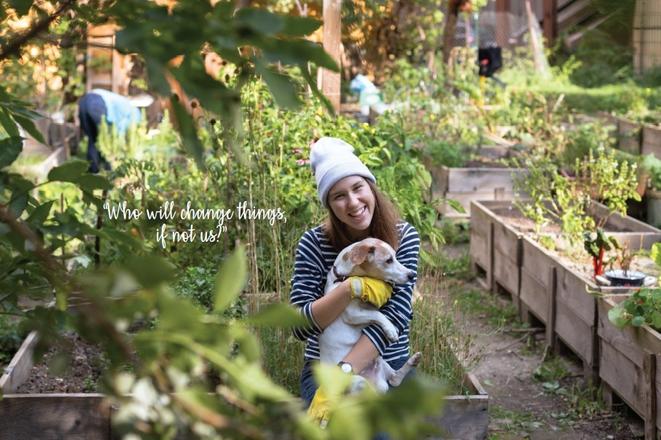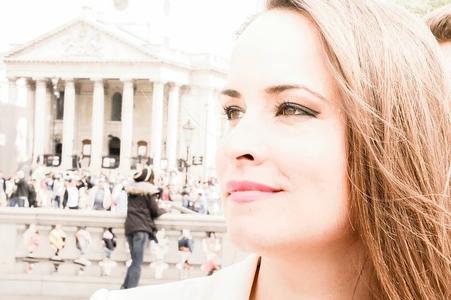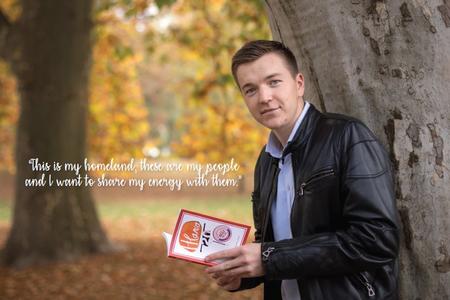My Slovak University gave me a very good technical foundation. But, I felt the social dimension was missing. So, I decided to study abroad.
‘Urban Studies’ is very young in Slovakia
Abroad, I quickly got involved in community projects. In retrospect, that is where I learned the most. I met a Dutch woman and she made a lasting impact on my life. In Amsterdam, she ran a community initiative- a public garden that also functioned as an education center.
Being a stranger allowed me to observe my environment with new eyes
I was constantly absorbing new information. As a foreigner, I was sensitive to things I would have otherwise ignored in my home country.
What would happen to Slovakia if we replaced Slovaks with Dutch?
By getting in touch with a different culture, you begin to explore everything that is strange to you. It makes you reflect on your experience. For example, I began to question everything, even basic stuff. How come their buildings look like that? Why do they not have curtains on their windows?
I began to understand that people can think differently than I do and that this is okay
Coming back to Slovakia, I knew I wanted to trigger a positive change. I felt this urgency together with my boyfriend; we were like, let’s do this right now! Let’s take advantage of the fact that we do not have jobs yet. Let’s make use of this knowledge, while the ideas are still fresh in our minds.
Why is it not like this at home? Could things in Slovakia be better, or different?
In post-socialist countries, people do not have a positive relationship with public space. Our goal was to increase the quantity and quality of public discourse about the topic. To help people understand that civic ownership is a good thing. That it can positively impact the way a city develops.
People need to realize that they are the real users and creators of their city
The public gardening project has been well received. It has gotten quite a bit of media coverage, ranging from local to national newspapers, even glossy lifestyle magazines. My personal experience is that people are coming back, but the question remains whether it is sustainable.
Do they come back, find no jobs, and move on?
I mean it’s so easy to live abroad, but things are a lot more difficult materially speaking in Slovakia. My boyfriend and I always knew we wanted to come back.
We wanted to copy what we learned and bring it home
Our experience abroad showed us how things can be different. When we came back, we started reaching out to people who shared a similar vision. Together, we have helped found two new initiatives: ‘Mobile-Garden’ and ‘Voids’.
It’s not really a question of opportunity - but responsibility
Who will change things, if not us?
This testimony was originally published in Zuzana Palovic’s book, The Great Return. You can learn more about the book as well as Palovic’s own journey as a Slovak migrant that later returned to Slovakia at http://thegreatreturn.eu/.




